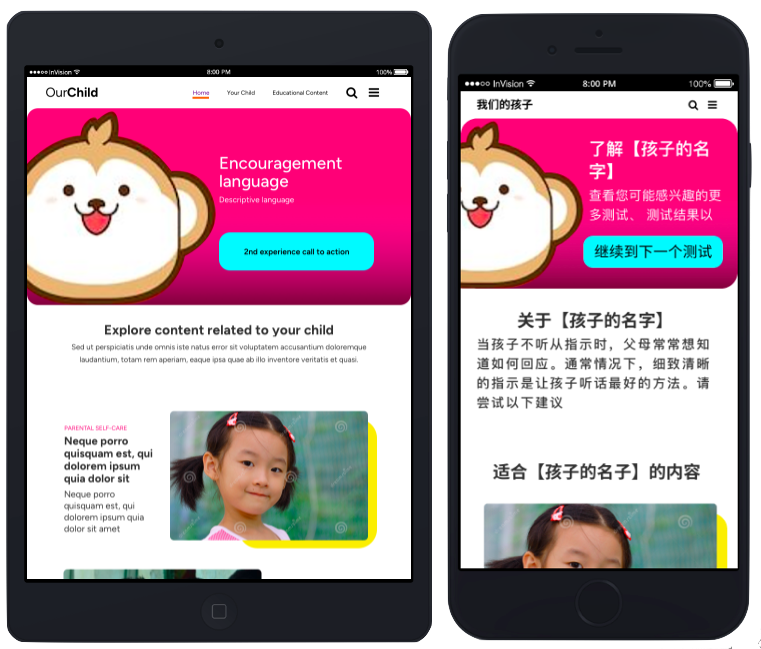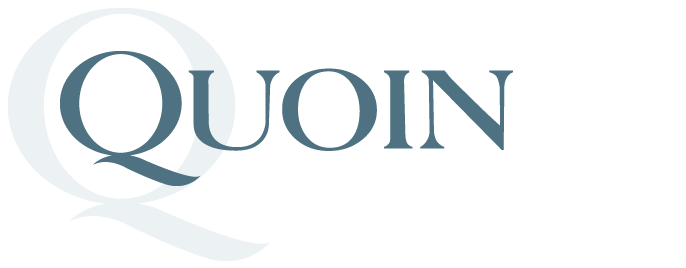NYU Langone Health (NYULH), one of the nation’s leading academic medical centers, engaged Quoin to design, build, and maintain the OurChild application. The OurChild platform is a digital solution that aims to reduce minority health disparities and improve access to mental health care for Chinese American children and their families.

OurChild is an integrated mental health and electronic health record (MH/EHR) platform that facilitates connection and bidirectional exchange of information between parents and their healthcare providers. Fully translated into both Chinese and English, the digital tool enables parents to answer questions related to their child’s mental health in digital 'screeners' and access culturally tailored digital resources about early childhood health issues. Information collected in the responsive web application is integrated with Epic, an electronic medical record system (EMRS), as part of the electronic medical record for each patient, where it can then be accessed by the patient’s provider for clinical follow-ups, based on prior consent.
Quoin led the development of the OurChild application, including design, implementation, integration, and support. As part of the effort’s Discovery phase, NYULH and Quoin focused on the scope, requirements, and user experience. We worked with NYULH researchers to gain a comprehensive understanding of the target audience and potential cultural differences, and how this might affect the workflow and user experience. We then translated those takeaways through an iterative design process.

Quoin engineers then focused on implementing the web application and integrating with Epic EMRS through a purpose-built API, as well as testing and deployment. The OurChild application provides access to a digital library of recommended and culturally appropriate early childhood development and mental health resources. Content creation for OurChild is enabled through the content input portal of the Strapi CMS. NYULH staff are able to create, retrieve, update, and delete content from the CMS portal based on their role and credentials.
Parents can receive customized content recommendations and preliminary results based on a complex combination of their screener responses, the age of their child, their stated interests, and a hierarchy of content importance. The algorithms for these recommendations were determined in collaboration with NYULH stakeholders.
Adhering to NYULH ’s security policies, controls, and infrastructure is critical to ensure the protection of sensitive private health data of patients. Therefore, Quoin engineers have worked extensively with client stakeholders to ensure that the platform is robust and secure enough to handle transactional Protected Health Information (PHI) and Personally Identifiable Information (PII).
The production environment includes both managed hosting and operational support by a dedicated support team.

